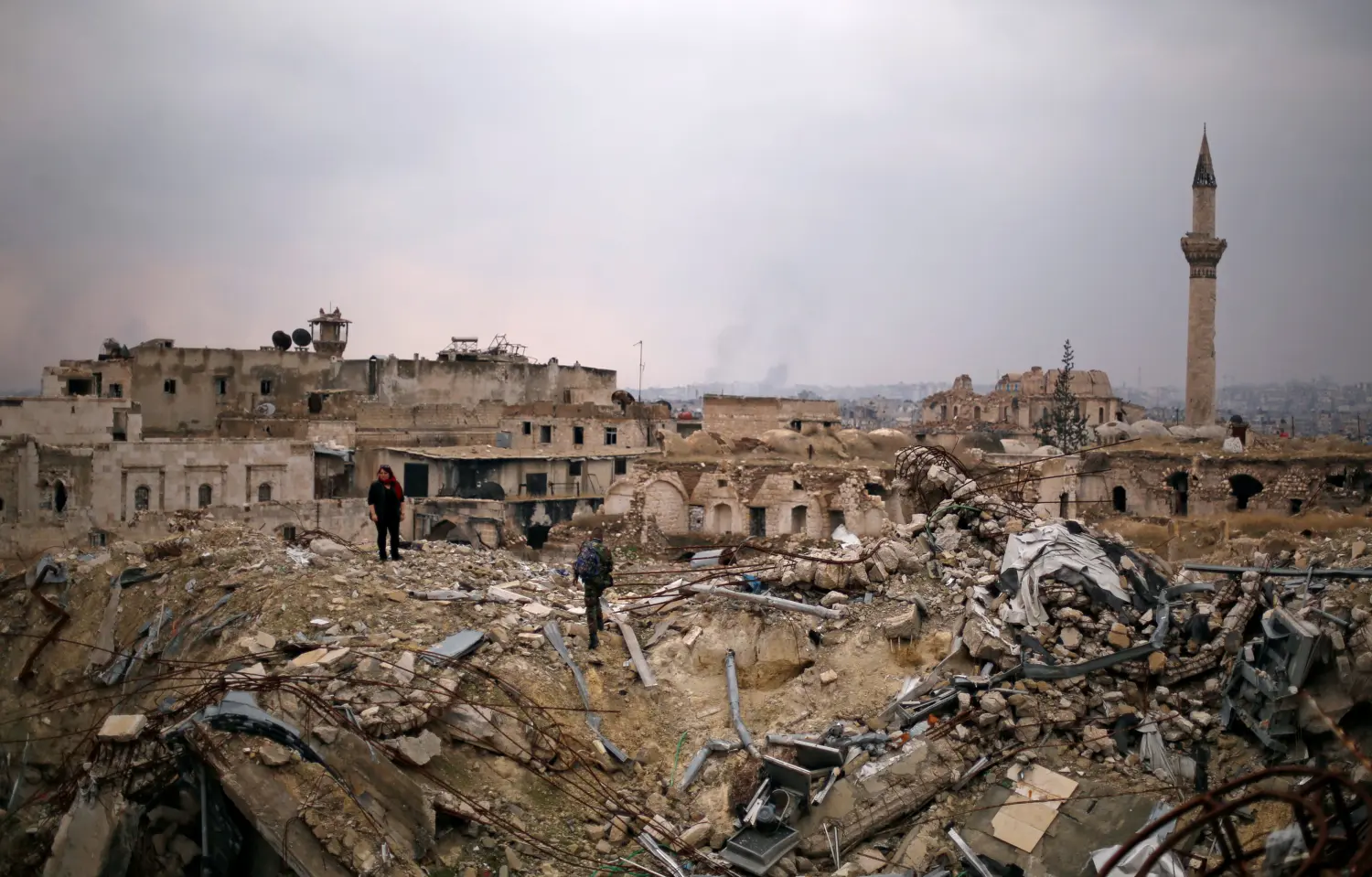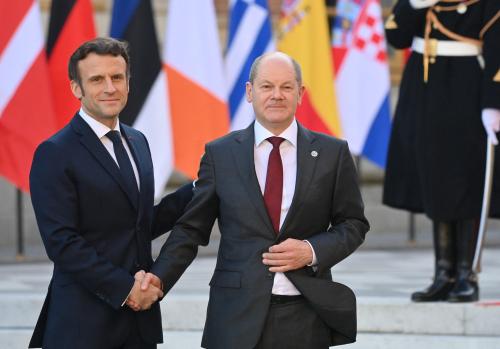The following is a summary of the 18th session of the Congressional Study Group on Foreign Relations and National Security, a program for congressional staff focused on critically engaging the legal and policy factors that define the role that Congress plays in various aspects of U.S. foreign relations and national security policy.
On January 14, 2022, the Congressional Study Group on Foreign Relations and National Security convened over Zoom to discuss the issue of accountability for—and prevention of—civilian casualties resulting from U.S. military operations. In the months prior to the study group session, there had been a number of disturbing media reports relating to such civilian casualties, including a report that one elite unit may have knowingly or deliberately targeted civilians during operations in Syria. This session examined the scope of this problem and the legal strategies that Congress and others might pursue to address it.
Two outside experts joined the study group to discuss this topic: Annie Shiel, a senior advisor at the Center for Civilians in Conflict; and Luke Hartig, who was previously the senior director for counterterrorism for the National Security Council during the Obama administration. Senate staffer (and study group member) Rita Siemion, who was previously an associate on civilian casualty and related issues at Human Rights First, also provided comments in her personal capacity.
They recommended the following background readings in reparation for the study group discussion:
- Madison Hunke, “Making Amends: A Guide to U.S. law and Policy on Post-Harm Amends,” Center for Civilians in Conflict (Jan. 7, 2021);
- Luke Hartig, “Biden’s Drone Policy review: Recommendations for a Reset,” Just Security (Mar. 5, 2021);
- Annie Shiel, “Reference Guide: Tracking Protections of Civilians Through the NDAA,” Center for Civilians in Conflict (July 21, 2021);
- “In Search of Answers,” The Civilian Protection Podcast (Aug. 12, 2021) (podcast recording); and
- Luke Hartig, “Reexamining the Fundamentals of the Drone Program After the Kabul Strike,” Just Security (Nov. 10, 2021).
Shortly prior to the study group session, Hartig joined the Lawfare Podcast to discuss the media report of civilian casualties in Syria and related policy responses.
Hartig opened the remarks by noting that the Biden administration was expected to release a new policy on civilian casualties in the near future, making this a pivotal moment for the issue. For its part, he noted, the Biden administration had committed to ending the “forever war” in Afghanistan and reducing global counterterrorism missions, both of which were synergistic with efforts to reduce civilian casualties. He also noted that the administration’s approach was informed by the disastrous strike it pursued in Kabul during the August 2021 withdrawal from the country, which inadvertently targeted and killed a number of Afghan children and other Afghan civilians.
Hartig then provided an overview of how U.S. civilian casualty policies have evolved. The Obama administration initially reacted to criticisms of its high volume of drone strikes by developing a Presidential Policy Guidance (PPG) that limited their use outside of active war zones except where capture was unavailable, the target posed an imminent threat, and there was near certainty that no civilian casualties would result. This policy did result in a decrease in both the volume of drone strikes and the scale of civilian casualties but faced criticism from both sides and still failed to resolve transparency issues or provide compensation to those affected. The Trump administration suspended and later replaced the PPG, surged strikes in Yemen and elsewhere, delegated more authority to field commanders, and fought back against transparency measures, but kept in some civilian casualty protections. Some in the defense and intelligence communities have sought to keep the Trump-era flexibility in using such strikes, but the Biden administration suspended those guidelines shortly after entering office pending a full review. Hartig expressed his view that the Biden administration’s policy review was likely to put many elements of the PPG back in place. But he noted that more was needed as well, including enhanced transparency, better process and training, and context-specific analysis and guidelines. As for what Congress can do, he urged it to support strong Defense Department leadership on these issues through the nomination process, expand oversight and mandatory transparency requirements, and engage in reform of the 2001 Authorization for the Use of Military Force (AUMF) used to authorize most worldwide U.S. military operations.
Shiel then stepped in to provide her own perspective. She opened by noting the importance of humanizing the civilian cost of U.S. military operations and not just letting individuals become statistics. She noted that recent data and media reports underscore how persistent a problem civilian casualties are in U.S. military operations and the fact that there has not been a meaningful or sustained change in this regard despite widespread recognition of the problem. She specifically noted the problem of transparency as the U.S. military chronically undercounts and under-investigates civilian casualty incidents. Recent media reports at the time of the session also reveal that elite units whose activities are often secret have been involved in some of the worst civilian casualty incidents. Separately, she also noted the deficient system the United States has for providing compensation where incidents occur, as the Defense Department has failed to spend the money Congress has appropriated for that purpose or to make any related apologies. She urged Congress to engage in more oversight of these issues, particularly as the Biden administration’s intended shift to “over the horizon” models of counterterrorism could recreate many of the conditions that have led to civilian casualties in the past.
Siemion then opened the conversation with some additional legal context. She noted that, under international human rights law, lethal operations are usually only permissible as a last resort in order to prevent threats to others’ lives. But the law of armed conflict is more permissive. After the 9/11 attacks, the United States opted to approach global counterterrorism as a military campaign under the latter, instead of a law enforcement effort under the former. Even then, the threshold for who can be targeted has shifted from those directly involved in hostilities to include all members of various organizations with which the United States maintains it is in an armed conflict. The result is a low bar for using lethal force, which contributes substantially to civilian casualties.
From there, the study group moved into open discussion. Topics discussed include the value of apologies and condolence payments, including in relation to counterterrorism efforts; the need for different guidelines depending on which foreign country or context operations are being pursued in; the importance of—and challenges facing—congressional oversight; and what to do about mistakes or deliberate manipulations by foreign partners.
Visit the Congressional Study Group on Foreign Relations and National Security landing page to access notes and information on other sessions.

